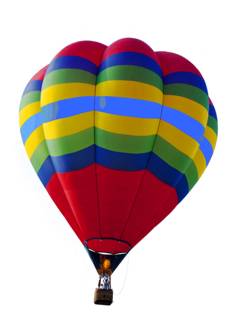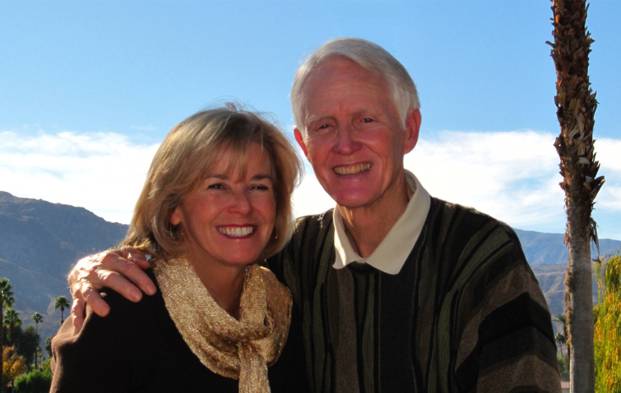
Coping with Headaches
Many headaches can be reduced by reducing muscle tension.
Tom G. Stevens PhDPsychologist/Professor Emeritus, California State University, Long Beach
Send Feedback/Questions to: Tom.Stevens@csulb.edu
You Can Choose To Be Happy:
Site dedicated to enhancing human happiness, self-development, and success
Go to: Choose To Be Happy Checklist
SITE MAP: All free Self-help resources includes online book, You Can Choose To Be Happy, and SHAQ

|
|||
| search engine by freefind |
Coping With Headaches
Index
Information
Advice
Internet Links
Books & Media
CSULB Referrals
INFORMATION
There are two basic types of
headaches--migraine headaches and tension headaches. Migraines are the most
difficult to overcome and are generally caused by factors inside the brain. A
headache that is
Tension Headaches
Tension headaches are a result of muscle tension (not necessarily psychological tension) in the scalp, neck, shoulders, and back. Usually muscle tightness, spasms, and constricted blood flow within these muscles is the cause of the pain.
To overcome the pain of tension headaches, you must reduce the muscle tension and increase blood flow to those muscles that are affected. The most severe pain usually comes from those in the scalp. Using a vibrator, warm water, or massage to the scalp muscles and other muscles in the neck, shoulder, and upper back can reduce pain immediately and have a lasting effect. It may be necessary to repeat the treatment regularly until the headache is completely gone. Another way of reducing the tension is through exercise or stretching of the muscles. These techniques can be especially helpful on neck, shoulder, and back muscles.
Common Tension Headache Causes
One of the most common causes of headaches is poor posture or reading in a position that puts strain on the neck and shoulder muscles for long periods of time. People who sit a a desk and bend their head forward to look down on a book, computer, or something they are writing put a great deal of strain on their neck, shoulder, and back muscles. Your head is heavy, and these muscles get tired and may spasm from holding it in that position for a long time. Change your work so that you don't have to look down!
Psychological stress can indirectly lead to headaches by causing increased muscle tension in general (or in some cases) specifically to the same muscles that cause headaches.
ADVICE
Tension headaches are relatively easy to
reduce the pain almost immediately and to eliminate in a fairly short time.
You can also learn how to effectively prevent almost all of them. Learn
how to reduce the muscle tension causing them and avoid putting the stress on
the muscles from poor posture, etc. Each person must experiment with different
methods that work best for them. It takes some time and effort to learn
how; but the payoff is permanent relief from those painful headaches.
www.migraines.org
MAGNUM migraine awareness group
http://www.headachecentral.net/ Headache support and information
Dr Tom G Stevens' BOOK: You Can Choose To Be Happy:
"Rise Above" Anxiety, Anger, and Depression
(with Research Results)
Go to Free BOOK DOWNLOAD
pdf
Go to BOOK CONTENTS
Go to RESEARCH SUMMARY CHAPTER
SELF-HELP INFORMATION + SITE MAP:
FREE SELF-HELP MATERIALS on this web site (click here to see list)
Free SHAQ QUESTIONNAIRE: Go to:
Success and Happiness Attributes Questionnaire (SHAQ)
to assess yourself on many factors--including your
HQ-Happiness Quotient
ORDERING the BOOK:
How to ORDER You Can Choose To Be Happy
Web site created and maintained by: Tom G. Stevens PhD,
Psychologist/Professor Emeritus, California State University, Long
Beach Counseling and Psychological Services
URL of this web site:
http://home.csulb.edu/~tstevens/index.html
HOME PAGE: Return to Dr Tom Stevens' Home Page Copyright 2025; Tom G. Stevens PhD